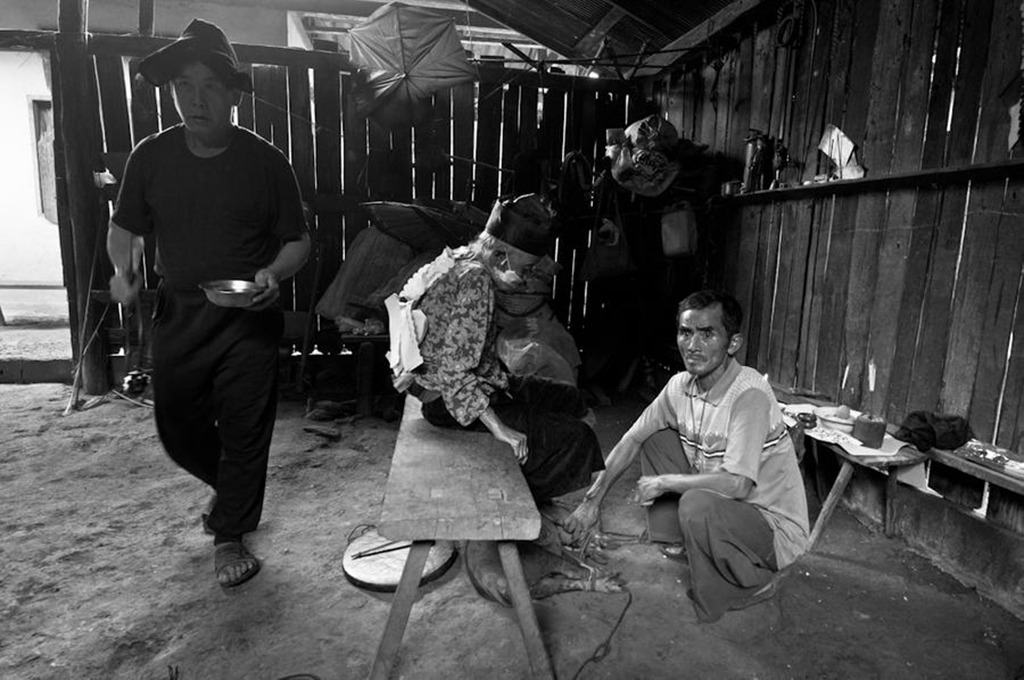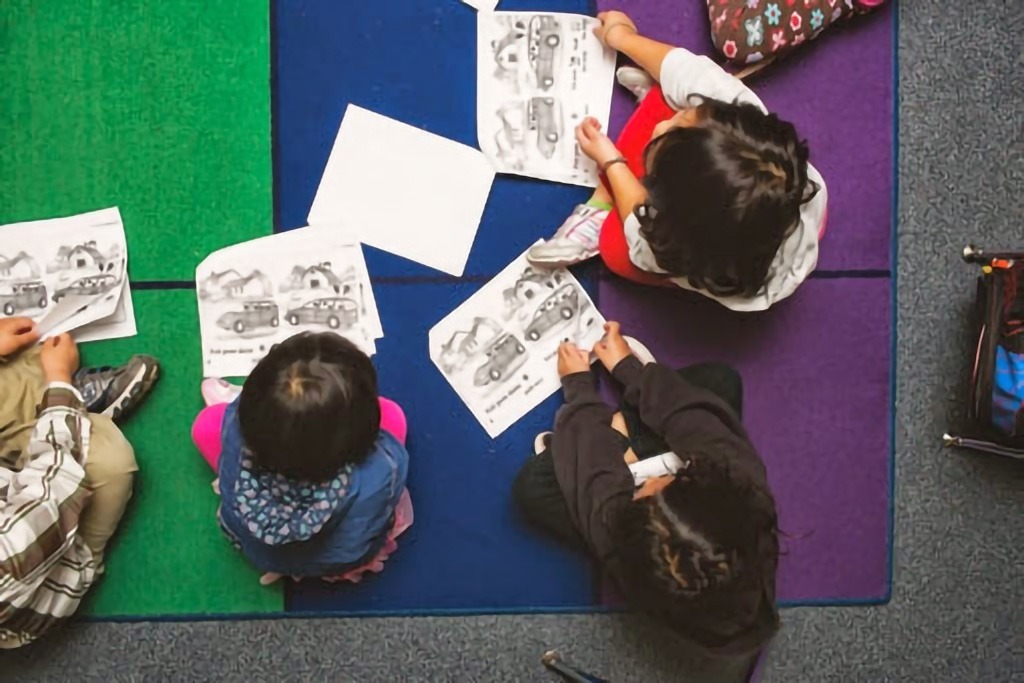
What Is the Hmong “Religious/Religion or Spiritual” Beliefs?

What are the Hmong “religious/religion or spiritual” beliefs is one question one might ask. Well the traditional Hmong religious practice involves the worship of ancestors, natural spirits and the supernatural world, traditionally called Animist or Ua Dab in Hmong and the Hmong people referred to it as “kev cai dab qhua”, which means “the way of the ancestors”. The Hmong beliefs help encourage the Hmongs to respect the animals and nature and to be in harmony with their environment. It also serves to bind the communities and clans together. The major events in a Hmong person’s life are witnessed by ceremonies marking the passage from one stage of life to another. The Hmongs don’t call on the spirits of deceased loved ones for help but instead they call on the spirits for assistance. It is of course important for the Hmongs because it is a way to respect the ancestors and invite their spirits into the homes.
Hmong people can draw a distinction between their own ancestor spirits and the spirits dwelling in the jungles, mountains, streams, fields, and villages of Laos because they believe that the spirit of nature bring out sickness in humans. Many elders who still believe in the “old” ways are having a hard time adapting to the American law and say animal sacrifices are less and less common than in Asia. Some elders also say that the “American” people do not understand their ways and want them to forget their beliefs and make it illegal to perform their rituals and ceremonies. There are many Hmong people back in Laos who still strongly practice the “old” ways but here in America, there are only a few, mainly the elders in the Hmong community who still practice this belief while many of the younger generation have converted to Christianity and/or blended the two together.
Although the traditional beliefs and practices still remain very important to both the Animist and the Christians, the practices and ceremonies are changing very fast for the Hmongs living in the American society. Causing many Hmong people, particular the older generation, who are no long certain about the effectiveness of their beliefs and rituals, especially those who live in rental homes, wondering whether the spirits they used to worship are still accessible and can such spirits reside in homes that are not owned or built by the Hmong.





Responses